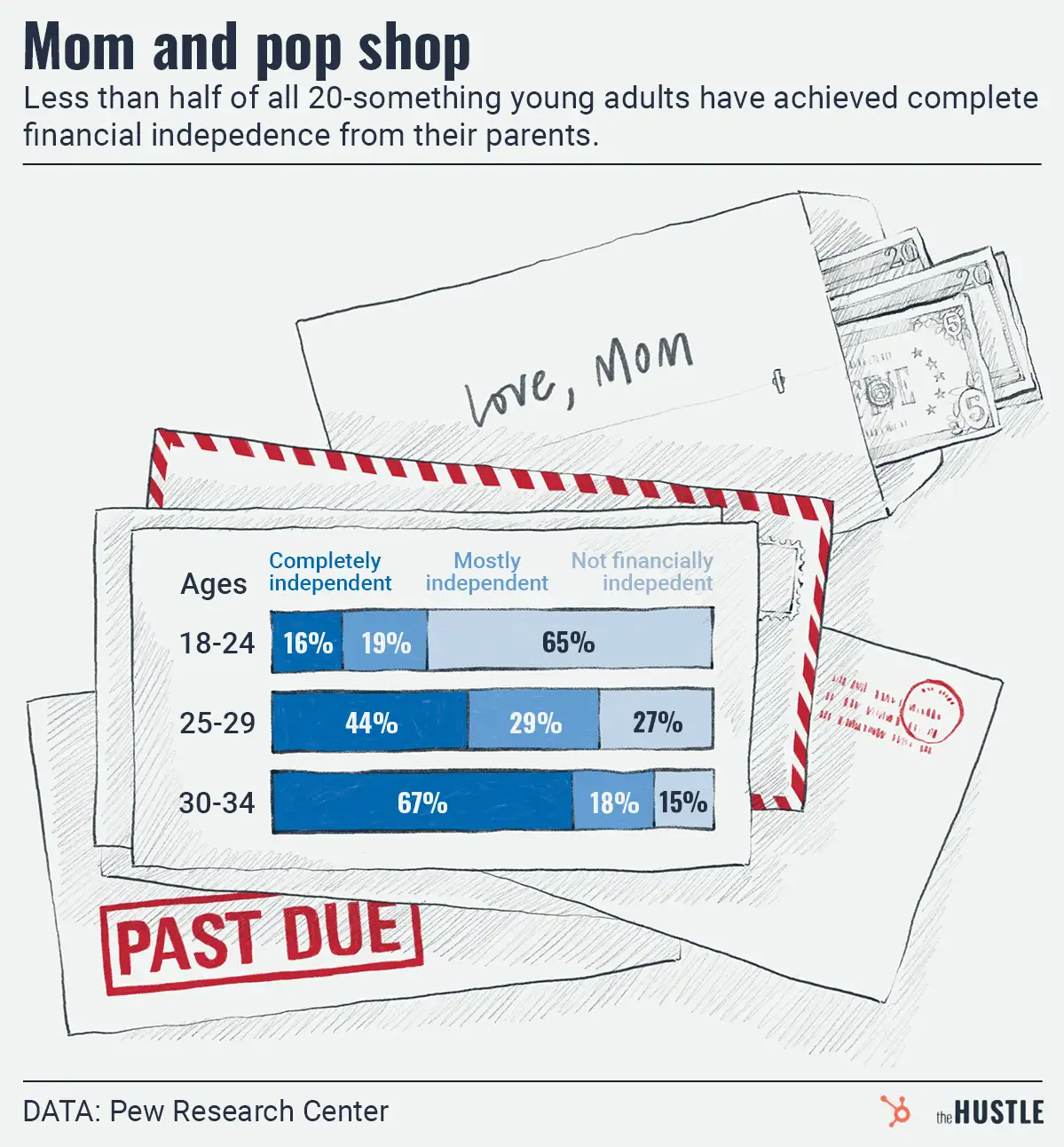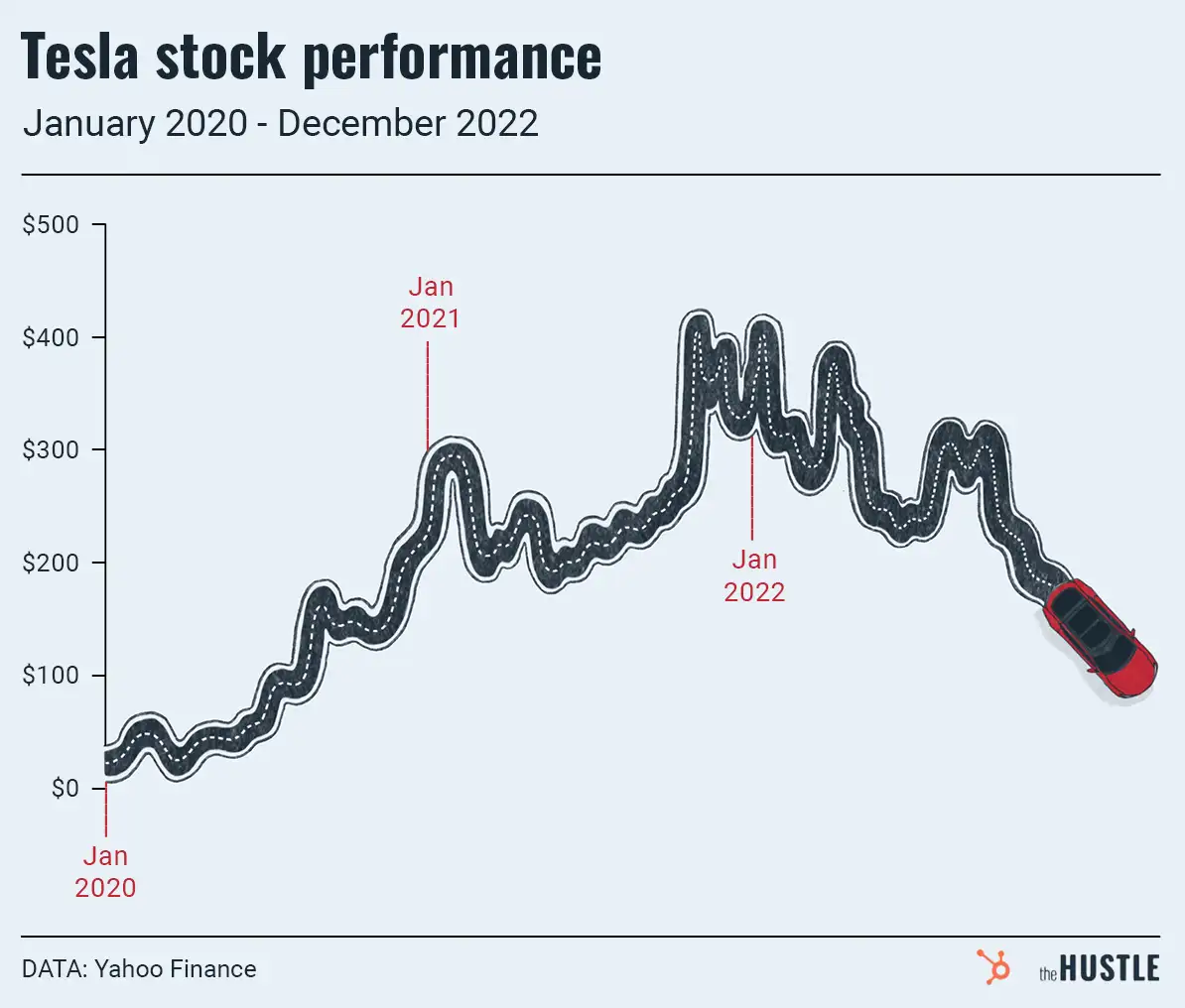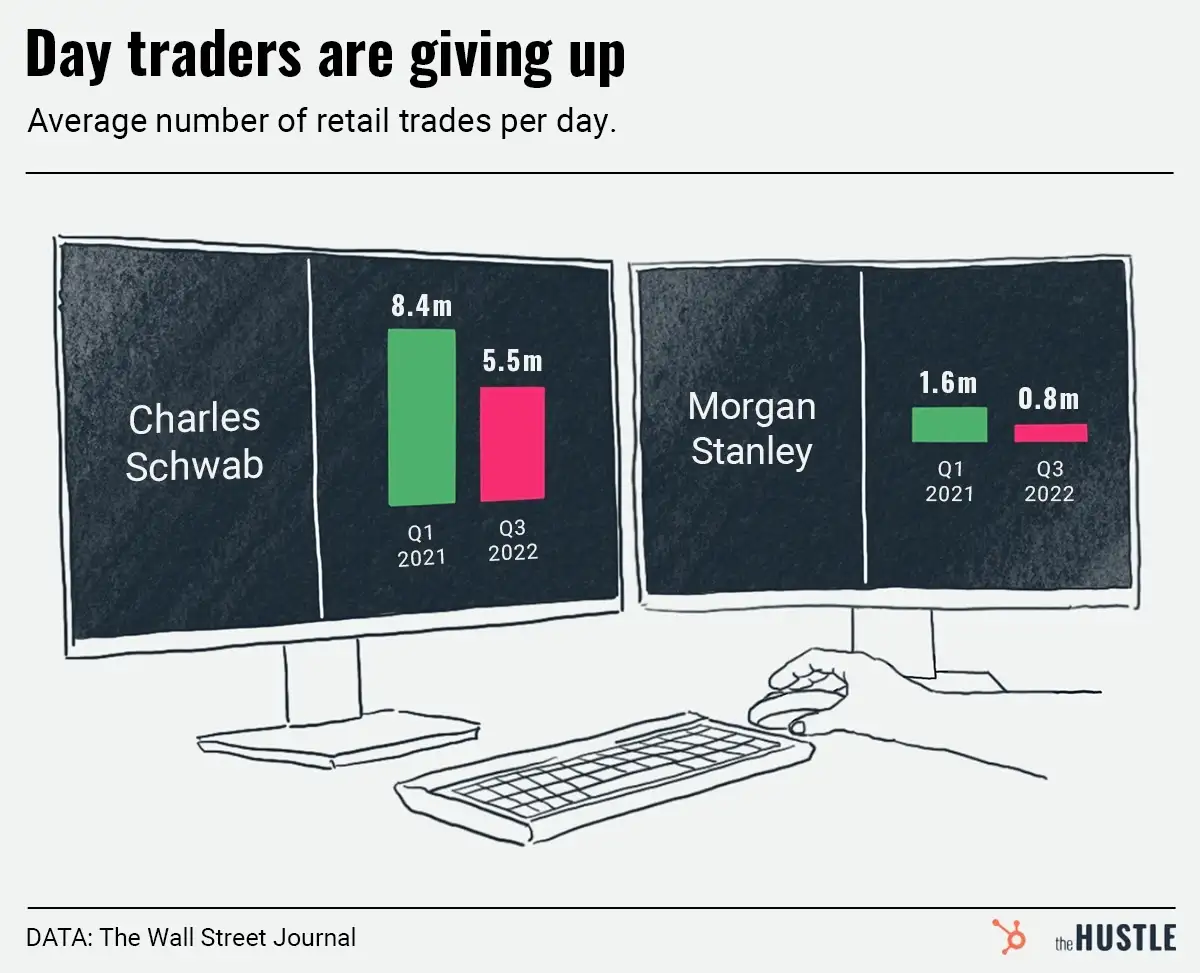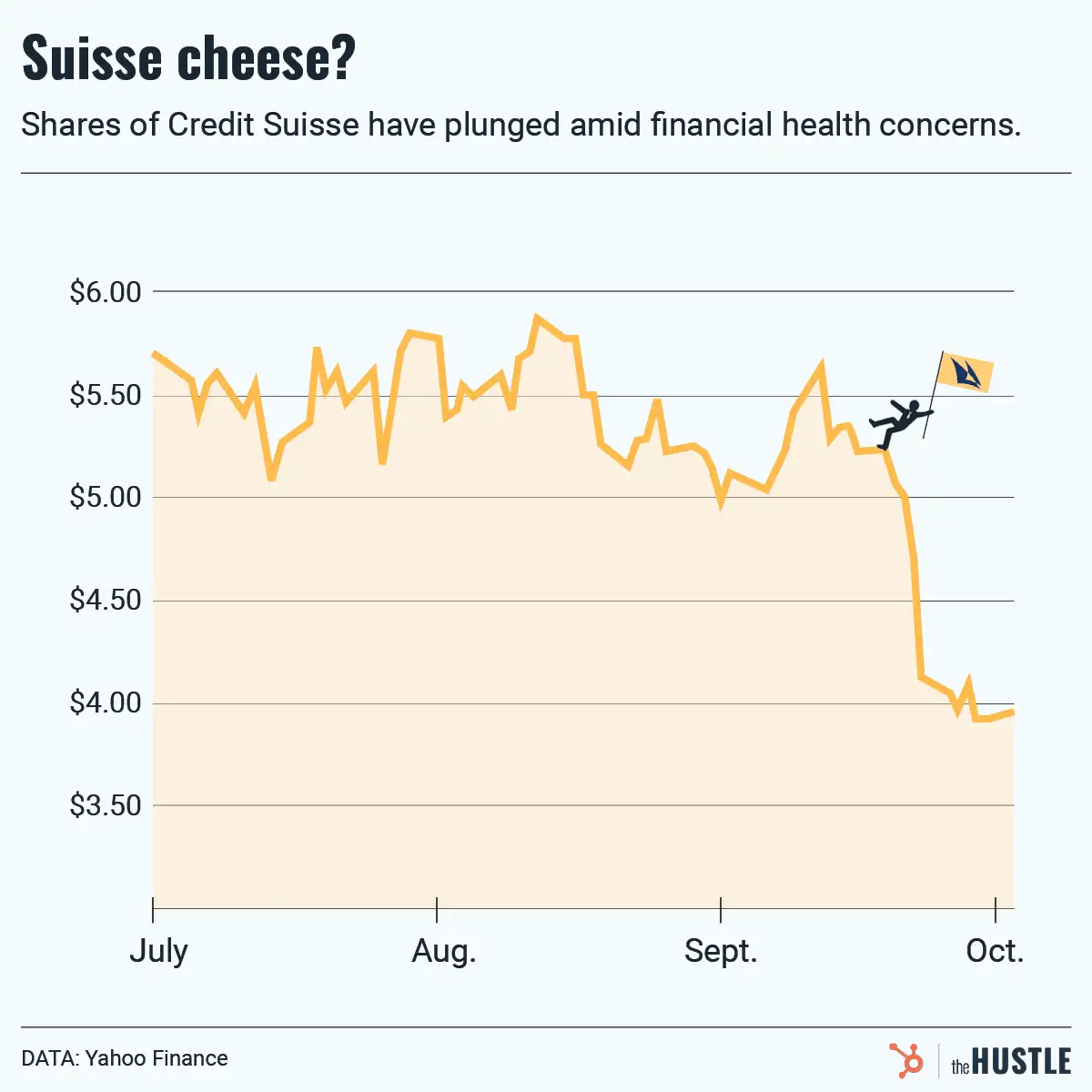In the annals of literal-sounding business names, the Long-Term Stock Exchange (LTSE), which went live a week ago, has got to be near the top.
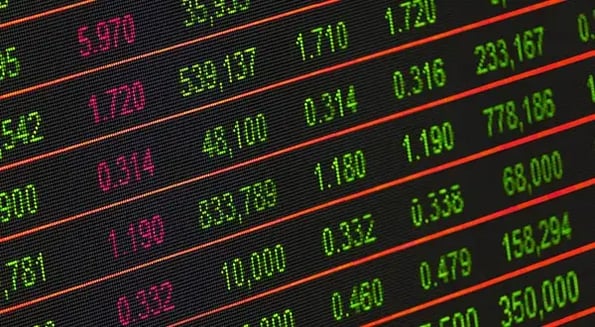
Founded by Eric Ries — author of the entrepreneurial bible The Lean Startup — the LTSE was created for “trading the stocks of companies organized to sustain long-term thinking.”
Stock exchanges have transformed over the years
They used to be “clubby and obscure,” owned by their members (banks and brokers), The Economist reports.
At the turn of the millennium, more exchanges went public and — after a series of consolidations — their rise has been unstoppable.
Leading exchanges have exploded in value over the past decade:
- Chicago Mercantile Exchange (CME): $23B → $60B
- Intercontinental Exchange (ICE): $8B → $57B
- London Stock Exchange (LSE): $2B → $32B
- NASDAQ: $4B → $21B
Growth no longer comes from transaction fees
While exchanges still facilitate billions of shares changing hands, the trading business has become a commodity.
According to finance writer Marc Rubinstein, these services are the new “source of power” for the exchanges:
- Clearinghouses: After the financial crisis, regulators wanted more stringent rules around derivatives trading. Exchanges own the clearinghouses that set the rules.
- Indexation: The rise of passive investing (Blackrock, Vanguard) created demand for indexes to track. The major indexes (S&P, NASDAQ) are owned by exchanges, dictating trillions in asset allocation.
Data is a major edge, too
Exchanges have access to critical market data, which they happily sell to financial institutions.
Per The Economist, data is sold via subscriptions, which is less volatile than trading volume.
In August, ICE acquired mortgage data provider Ellie Mae for $11B — while the LSE has a $27B bid out for data firm Refinitiv.
LTSE has a long way to go
But its unique pitch could help shape markets.
LTSE will initially target private companies that share its vision around environmental, social, and governance (ESG) goals. Specifically, LTSE firms must publish and maintain specific policies that take into account all stakeholders.
The exchange also offers a number of software tools used by 60k+ builders to help manage startup resources.
Ultimately, the exchange’s standards will limit the market — but that’s fine, LTSE’s Ries told CNBC: “The goal [of the other exchanges] is to maximize trading revenue… [LTSE] is for companies who can get held to a higher standard.”

